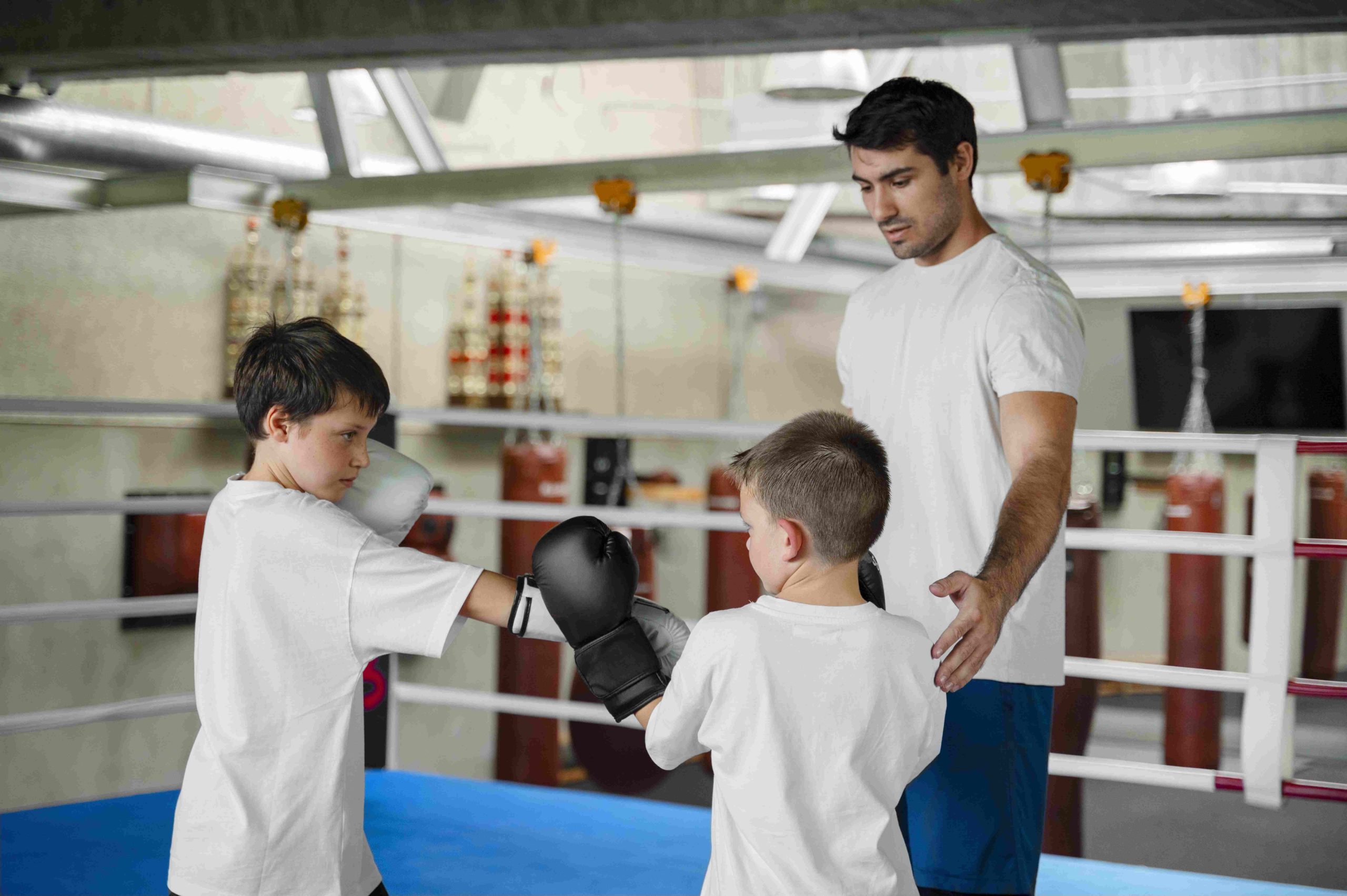
Unlocking the Physical Abilities of Preschoolers: A Comprehensive Guide
Physical abilities are crucial for preschoolers’ overall development. It allows them to explore, learn, and engage in their environment. With proper guidance and support, preschoolers can develop their physical abilities, which include gross and fine motor skills, coordination, balance, and spatial awareness. This article will explore these physical abilities in-depth and provide practical tips for parents and educators to promote physical development in preschoolers.
Gross Motor Skills
Gross motor skills involve the use of large muscles in the body, such as those in the legs, arms, and trunk. Preschoolers’ gross motor skills are essential for everyday tasks such as running, jumping, climbing, and throwing. Moreover, these skills are crucial for later development, such as sports participation and academic achievement.
Fine Motor Skills
Fine motor skills involve the use of small muscles in the hands and fingers. Preschoolers’ fine motor skills are essential for everyday tasks such as eating, writing, and dressing. Furthermore, these skills are crucial for later development, such as artistic and musical expression and academic achievement.
Coordination
Coordination involves the ability to use different parts of the body together smoothly and efficiently. Preschoolers’ coordination skills are essential for everyday tasks such as walking, running, and jumping. Moreover, these skills are crucial for later development, such as sports participation and academic achievement.
Balance
Balance involves the ability to maintain stability and control over the body’s position. Preschoolers’ balance skills are essential for everyday tasks such as standing, walking, and running. Moreover, these skills are crucial for later development, such as sports participation and academic achievement.
Spatial Awareness
Spatial awareness involves the ability to understand one’s position in space and the position of objects with oneself. Preschoolers’ spatial awareness skills are essential for everyday tasks such as navigating through a room and understanding directions. Moreover, these skills are crucial for later development, such as in math and science.
Importance of Physical Activity for Preschoolers
Physical activity plays a vital role in preschoolers’ overall development. Physical activity on a regular basis can promote healthy growth and development, increase cardiovascular and muscular fitness, and improve cognitive and emotional well-being. Furthermore, physical activity helps lower the risk of chronic illnesses including obesity and diabetes.
Screen Time and Physical Abilities
Excessive screen time can negatively impact preschoolers’ physical abilities. Screen time, such as watching television or playing video games, can lead to sedentary behavior and reduce opportunities for physical activity. Moreover, screen time can interfere with preschoolers’ sleep patterns and cognitive development.
Importance of Sleep for Physical Development
Sleep plays a crucial role in preschoolers’ physical development. Adequate sleep is essential for healthy growth and development, including physical growth, brain development, and emotional regulation. Moreover, sleep is crucial for the development of memory and cognitive function.
Nutrition and Physical Development
Nutrition plays a vital role in preschoolers’ physical development. Proper nutrition is essential for healthy growth and development, including physical growth, brain development, and immune function. Moreover, good nutrition can reduce the risk of chronic diseases, such as obesity and diabetes.
Supporting Physical Development in Preschoolers with Disabilities
Preschoolers with disabilities may face unique challenges in developing their physical abilities. However, with proper support and accommodations, preschoolers with disabilities can develop their physical abilities and engage in physical activity.
Common Physical Development Milestones for Preschoolers
Physical development milestones are an important way to track preschoolers’ growth and development. While every child develops at their own pace, there are some common physical development milestones that preschoolers generally achieve during this stage.
Physical Activity Ideas for Preschoolers
There are many fun and engaging ways to promote physical activity in preschoolers. Here are some ideas:
Supporting Physical Development in Early Education Settings
Early education settings, such as preschools and daycares, can play a significant role in promoting physical development in preschoolers.
The Role of Play in Physical Development
Play is a natural and essential way for preschoolers to develop their physical abilities.


